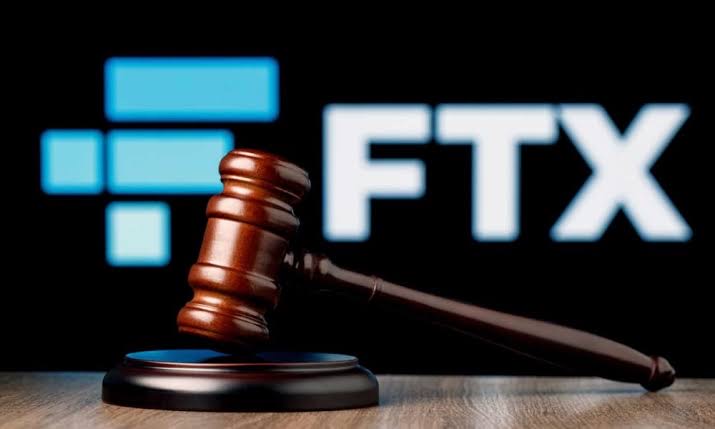The presiding judge ruled in favor of FTX who claims that disclosing customer names could put them at risk and undermine the exchange’s sale value.

FTX, the bankrupt cryptocurrency exchange, has recently obtained authorization to permanently conceal the identities of its individual customers in court filings, while the names of companies and institutional investors will be temporarily sealed. This decision aims to safeguard customers from potential scams and identity theft.
Numerous mainstream media outlets have been advocating for access to the list of FTX customers, asserting that the press and the public possess a “presumptive right of access to bankruptcy filings.” However, FTX has consistently opposed these requests, emphasizing that revealing customer names could jeopardize their safety and potentially undermine the sale value of the crypto exchange.
According to a report by Reuters on June 9, Judge John Dorsey of the United States Bankruptcy Court for the District of Delaware ruled in favor of FTX, granting them permission to permanently redact the names of individual customers from all filings to ensure their protection. Dorsey highlighted the significance of safeguarding individual customers, stating, “We want to make sure that they are protected and they don’t fall victim to any scams.”

While acknowledging the potential risks of scams and identity theft if individual customer names were disclosed, Dorsey does not believe that companies and institutional investors would face the same vulnerabilities. Therefore, he permitted these entities to be temporarily removed from the list, with FTX required to submit a new request within 90 days to maintain the confidentiality of their names.
However, it was reiterated that even though companies and institutional investors may not face identical risks as individuals, their names could still hold substantial value if FTX were to sell the exchange or customer list separately. Kevin Cofsky, a partner at investment bank Parella Weinberg and member of the FTX restructuring team, emphasized during a court hearing on June 8 that releasing customer names would be detrimental to the restructuring efforts and impair the debtor’s ability to maximize its current value.
J I’m Cofsky further explained that even if the exchange were not sold and FTX were to be relaunched, creditors would still have the opportunity to collect a portion of trading fees. He argued that disclosing customer names could hinder the potential for a successful restructuring and impact the overall value of the exchange.
In December 2022, a group of non-U.S. FTX customers expressed concerns that divulging their names to the general public would cause irreparable harm and further victimize those whose assets had been misappropriated. Despite these concerns, the four media firms involved in pursuing the release of the customer list—Bloomberg, Dow Jones, The New York Times, and the Financial Times—maintain their stance that potential risks should not prevent the disclosure of the list.
In their joint objection filed on May 3, these media organizations argued that such disclosure would not subject creditors to undue risk, implying that the release of the customer list could be justified in the interest of transparency and public access to bankruptcy proceedings.